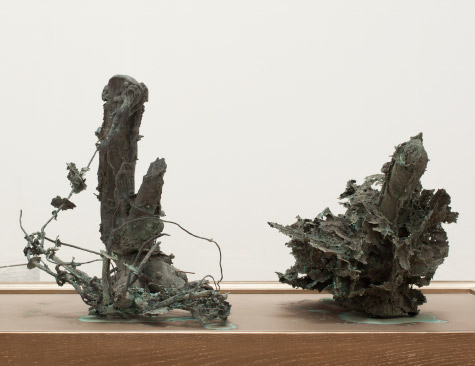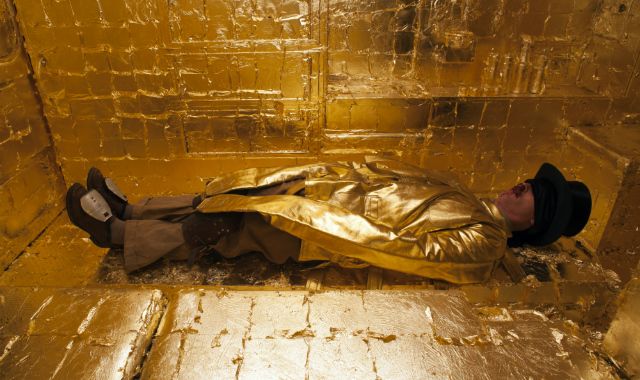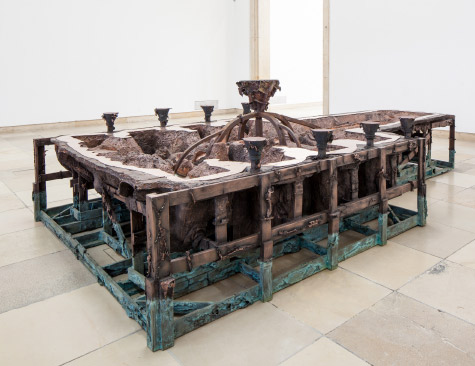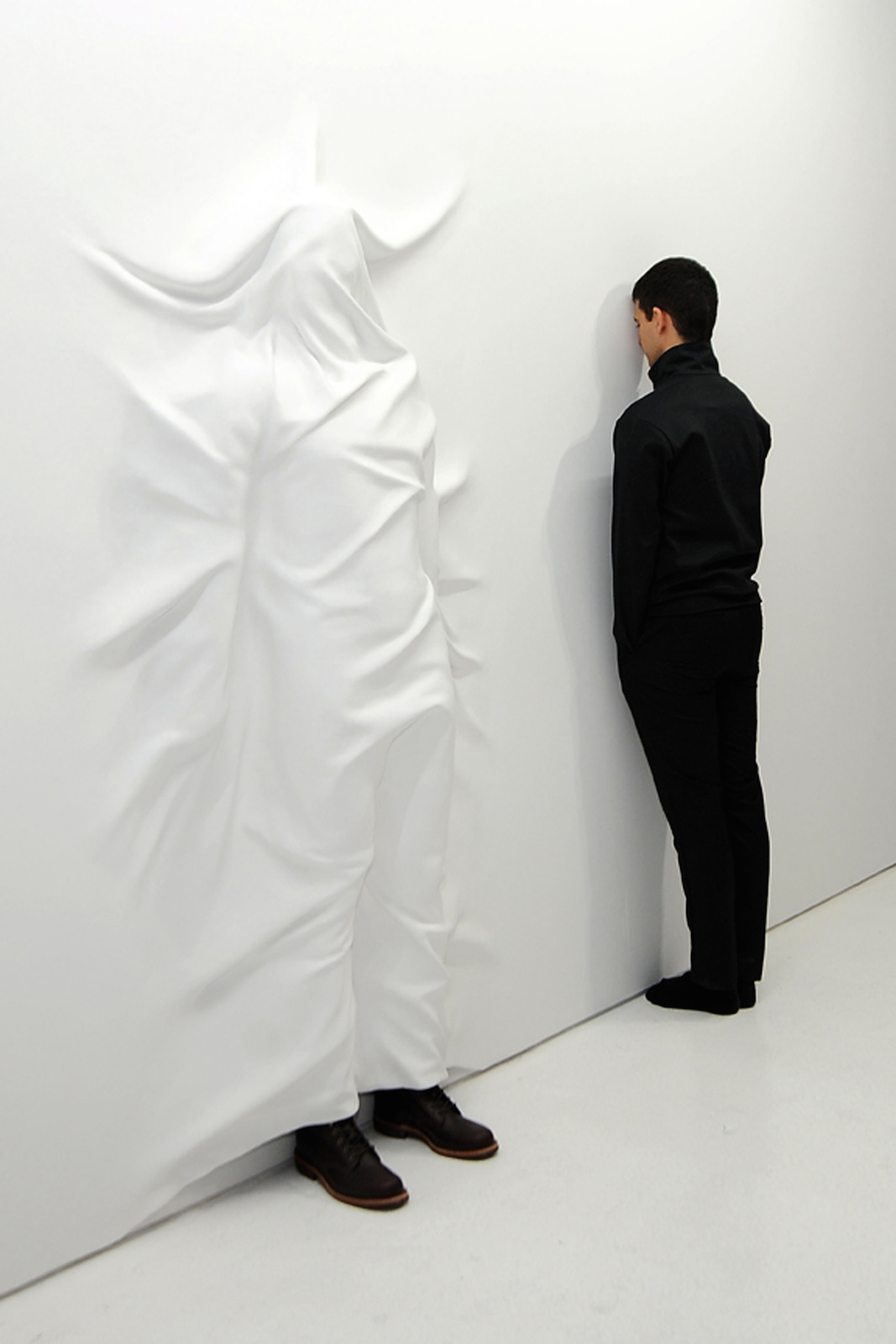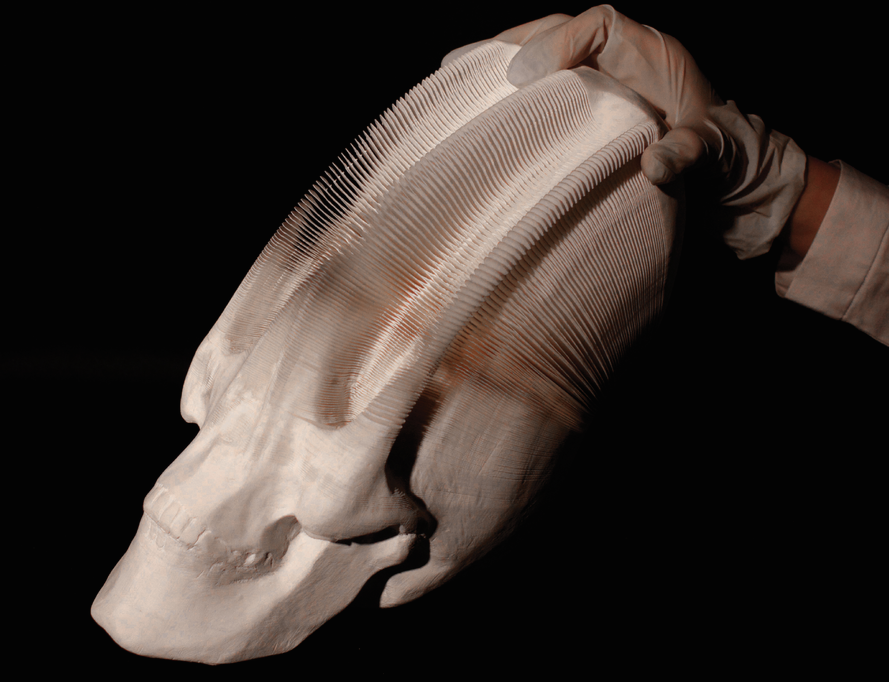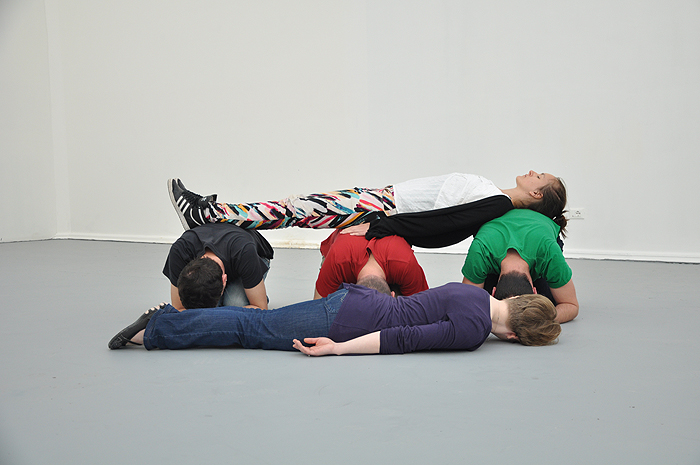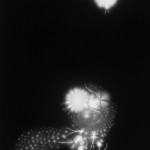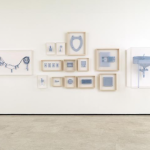INHALE is a cultural platform where artists are presented, where great projects are given credit and readers find inspiration. Think about Inhale as if it were a map: we can help you discover which are the must-see events all over the world, what is happening now in the artistic and cultural world as well as guide you through the latest designers’ products. Inhale interconnects domains that you are interested in, so that you will know all the events, places, galleries, studios that are a must-see. We have a 360 degree overview on art and culture and a passion to share.

We could tell you, to start, that Matthew Barney’s River of Fundament is a literary adaptation; but that would be misleading. True, it is based on Norman Mailer’s Ancient Evenings – a strained, difficult tome, not quite the American masterpiece its author (who was not quite Hemingway) intended, but too ambitious to ignore.
The story goes: Mailer approached Matthew Barney in the dappled glare of Ancient Evenings’ critical reception. (‘Mailer’s readers will learn rather more ancient Egyptian mythology than they are likely to want or need,’ wrote Harold Bloom in his review. But they will find ‘more than enough bumbuggery and humbuggery to give them their money’s worth.’) Mailer asked Barney to read Ancient Evenings, ‘at least the first one hundred pages’; perhaps he envisioned a film adaptation that would consecrate the novel in the manner it deserved.
In truth, Mailer had already worked with Barney on Cremaster 2, part of the cycle of films that made Barney famous. ‘I don’t want to make films right now,’ Barney said to him. ‘I want to try something different.’ He had been discussing, with long-time collaborator Jonathan Bepler, taking on the form of opera. ‘I had lost my way with the films I had been making,’ he says. ‘I felt that I was going to repeat the same pattern over and over again.’
via mona.net.au




